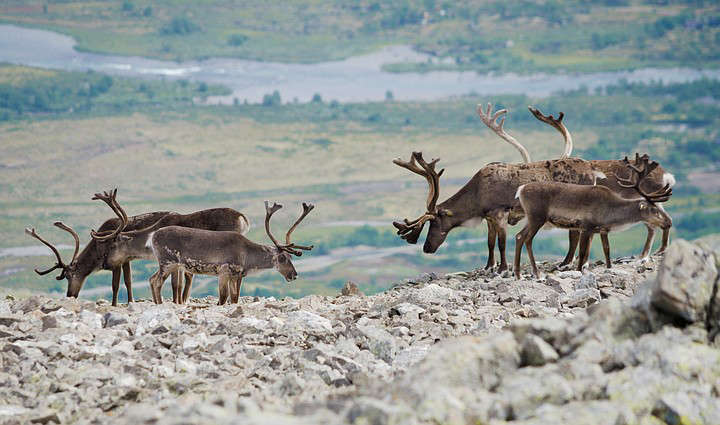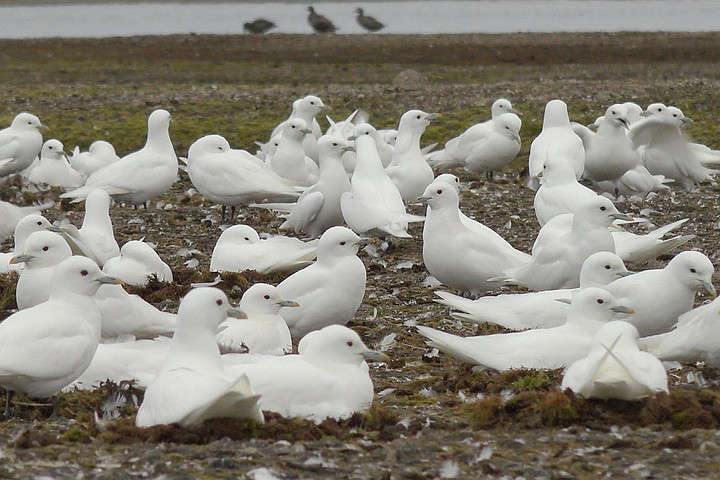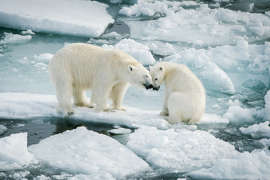
Rosneft finances research on animal populations, which are commonly referred to as key bioindicators in the Arctic. On April 14, the company's specialists and scientists presented the results of their work at the press center of Komsomolskaya Pravda and shared their plans for the future. The new corporate biodiversity conservation program is designed for four years: from 2020 to 2023. It is also part of the national project “Ecology” of the Ministry of Natural Resources – a corresponding agreement with the company was signed in December 2019.
AT THE ADVANCED EDGE OF GLOBAL SCIENCE
“The purpose of this program is to assess the state of the Arctic ecosystems. Based on this work, the vulnerability of populations is identified, the protection of critical habitats is ensured and the development of preventive measures for their protection during economic activities, ”explained Elena Lebedeva, head of the industrial safety, labor and environmental protection of offshore projects of the Rosneft industrial safety department.
In fact, the current program significantly expands the field of activity of scientists, compared to the previous one, which operated from 2015 to 2019. Then the oil company helped to conduct systemic observations of polar bears and walrus, now the number of studied species has increased due to the wild reindeer and ivory gull. Moreover, the ivory gull is included in this list at the request of WWF Russia and other nature conservation organizations. The most authoritative scientific organizations of the country act as partners of oil workers in research work. The results of the work are of interest both in Russia and the international scientific community.
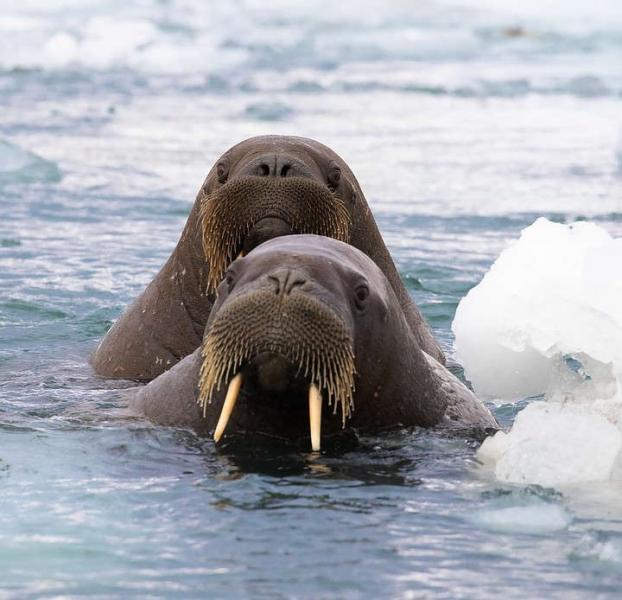
“Our research is in great demand,” said Sergei Naydenko, Acting Director of the A. N. Severtsov Institute of Ecology and Evolution. – It so happened that in the field of studying the Arctic ecosystems, we are still lagging behind Canada and Alaska. But we are working at the forefront of world science, covering a whole range of areas at once: this is the movement of animals, and the spread of various pathogens in the wild, and the state of animal immunity, and the influence of various factors on them … For example, the first article on the immunity of polar bears literally a year and a half ago it was released in Canada. We are now finishing the preparation of our article. “
THE MAIN THREAT IS WARMING
Sergei Naidenko noted that the A.N. Severtsov Institute of Ecology and Evolution has been studying the polar bear population in the Arctic for 11 years. According to experts, climate change is the main threat for polar bears. The polar bear is a predator that preys on seals, seals and other pinniped mammals on the edge of water and ice. Now the ice area in the Arctic is getting smaller every year, the polar bear is forced to leave to the north, to the islands, where it is deprived of its usual prey.
Warming is also reflected in the ivory gull, which is often called the “sister of polar bears”, as it also tries to get away from human settlements as far as possible.
“We came to Vize Island, but this year we did not see a single chick. All the gulls abandoned their nests long before the eggs hatched and went to sea. We took samples for various types of analyzes, – said Maria Gavrilo, head of the ivory gull project at the Arctic and Antarctic Research Institute of St. Petersburg. – A bird that lives for a very long time (25-30 years) leaves offspring only when it feels confident. If there is a lack of food, the gulls abandon their nests and chicks, but retain their health in order to continue to reproduce next year. ”
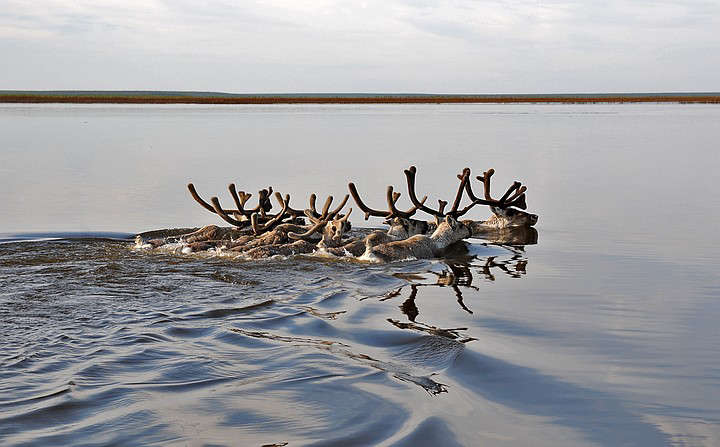
Experts note that 2020 was the second year in the anti-rating of the minimum ice cover in the entire history of the study of the Arctic. The ivory gull, like other gulls, does not know how to take food from the open ocean. She needs ice. There was less ice and less food. The bird realized that if it continued to incubate eggs, then in winter it would die of exhaustion itself.
“THE COMPANY'S PRINCIPLE – NON-INTERFERENCE IN THE ECOSYSTEM”
Based on the results of the expeditions, Rosneft and the non-state development institute Innopraktika publish atlases. Seven editions have already been issued, including two at the end of 2020 – “The Barents Sea” and “Species and biological indicators of the state of the Arctic marine ecosystems”. Work on each atlas takes about one and a half years, about 20 authors are involved in the process. It should be noted that the books are extremely colorful, full of illustrations.
“One of the key tasks is to tell about the results of our research. For you to want to read this, the information must be presented beautifully. We lure readers with the design, ”jokes Artem Isachenko, head of the department of innovative projects on the shelf of the Arctic Scientific Center of Rosneft. – I would like to note that these atlases are available on the company's website. You can download them. We do not sell them, but we gladly share them with scientific institutions and send them to libraries.
“The principle of the company is not to work in specially protected areas. If we receive information that a certain area of the sea or land is a key habitat for protected species of animals or birds, then this fact affects production plans: the trajectory of the pipeline or the location of drilling changes, '' Elena Lebedeva summed up. – Another principle of the company is non-interference in the life of the ecosystem. Everyone who works at production sites is strictly prohibited from picking berries, wild plants, feeding animals and birds. The company's economic activities are concentrated only within the framework of production facilities. World practice shows that this is how the minimum impact on the environment is achieved ”.
